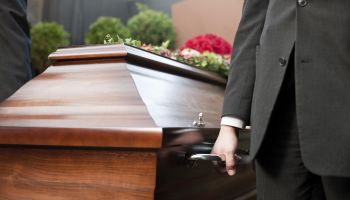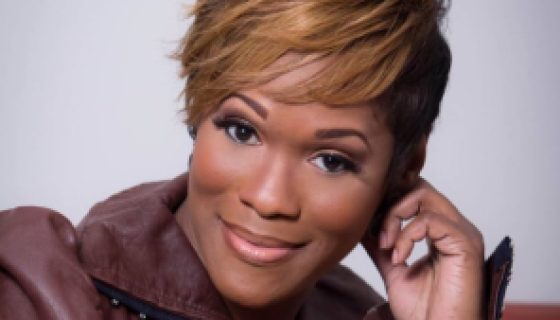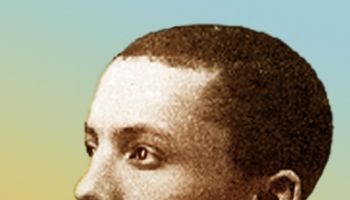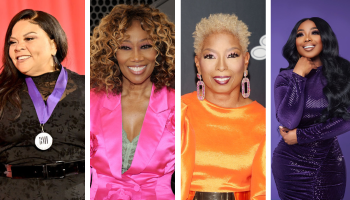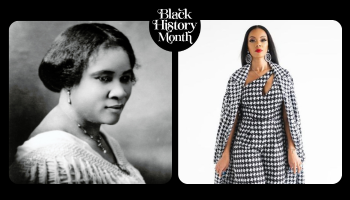
David A. Smith /Getty Images
Fifty years after Alabama troopers savagely attacked demonstrators protesting discriminatory practices that kept black voters from the polls, thousands of people gathered here Sunday to mark the anniversary of the attack that shocked Americans and helped usher in the landmark Voting Rights of 1965.
Despite authorities’ concerns that the crowed of thousands might be unsafe on the Edmund Pettus Bridge, people continued to march across it through the afternoon.
The faithful had gathered at the city’s churches ahead of what has become an annual tradition here: a mass march across the bridge where 600 peaceful marchers were attacked by law enforcement armed with billy clubs and tear gas on what became known as Bloody Sunday.
Timothy Hollins, 43, of Atlanta, said he thought about the people who crossed the bridge on March 7, 1965, and the bravery they showed.
“It’s just humbling to think what they went through in every aspect of their lives,” Hollins said. “The people who lived here … Their lives were in jeopardy every day. It didn’t end with that bridge crossing.”
Krystall Leek, 22, came to Selma with a group of students and alumni from Berea College in Kentucky. Among the alumni were 12 people who had taken part in a third Selma-to-Montgomery march after President Lyndon Johnson ordered federal protection for the demonstration.
Leek said that learning about the struggle of the Selma movement, which she didn’t know much about until the release late last year of the blockbuster movie, inspired her to change.
“Voting was never really important to me,” she said. “But I will never not vote again.”
Before marching across the Selma bridge, Claire Shimberg, 23, attended a program at the Temple Mishkan Israel, where the civil rights activist Rev. William Barber gave a fiery talk “about the power of moral outrage.”
His words stuck with her as she crossed the bridge.
“I was thinking about his words, and I was thinking about that responsibility and that duty that’s been placed on us a community,” said Claire Shimberg, 23, who came to Selma from Washington, D.C. with the group Religious Action Center of Reform Judaism. “I had a feeling that I’m not alone. I am part of something larger.”
At the Brown Chapel A.M.E. Church, which was the starting point for the Selma-to-Montgomery marches of 1965, an overflow crowd for a pre-march service spilled into the street. They heard Attorney General Eric Holder pay tribute to the men and women who fought for the Voting Rights Act of 1965.
“They marched through the abandonment of Reconstruction; marched through the injustice of Plessy v. Ferguson; marched through the era of slavery by another name, and the dark days of Jim Crow; marched past – but always saw – peculiar institutions and that strange, horrific fruit,” Holder said, referring to the bodies of black people lynched in trees. “They were met with suspicion, with hostility, and with hatred. And still, they marched on.”
Holder’s tribute came one day after President Obama visited Selma to celebrate the voting rights campaign of 50 years ago.
source: Wkyc.com








